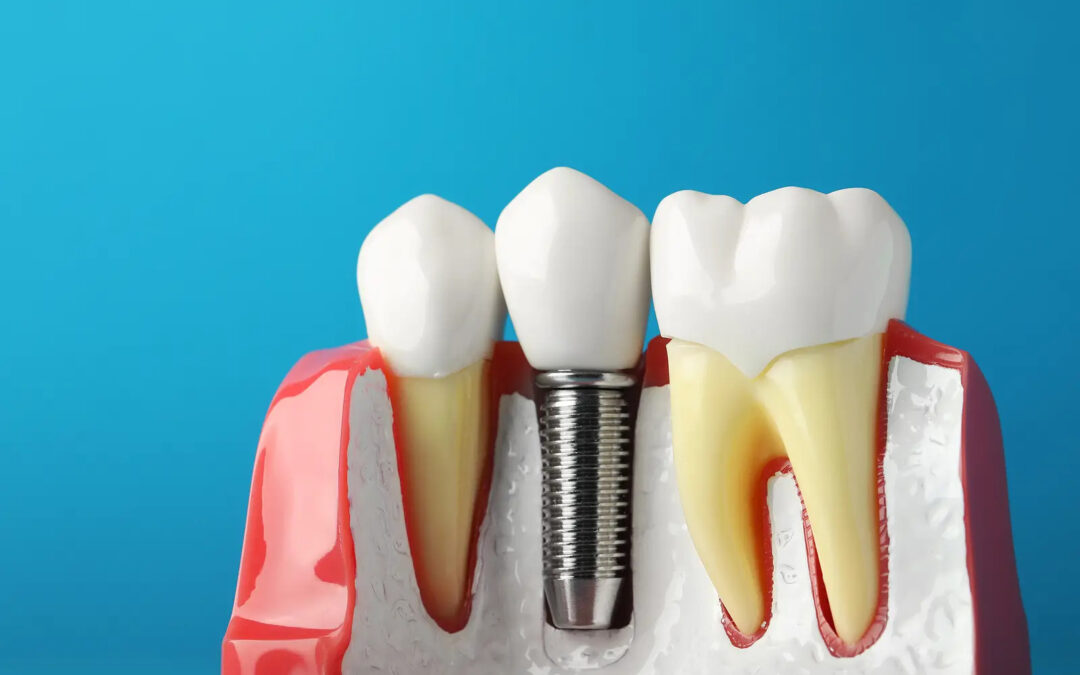Even though there are numerous improvements in dental care, millions of Americans still suffer tooth loss. The most common causes of tooth loss include injury, periodontal disease, and tooth decay. Previously, the only options that were available for individuals with missing teeth were dentures and bridges. The good news is that today dental implants are available and if you’re rich you can afford replacements. Thanks to technological innovations.
Dental Implants: What are They?
Dental implants involve replacements of tooth roots. They offer a strong foundation for removable or permanent/fixed replacement teeth designed to match your natural teeth perfectly. Besides preserving your natural bone, dental implants can even stimulate bone growth.
Dental implant surgeries offer a great alternative to bridgework or dentures that do not fit well. Usually, the process through which a dental implant surgery will be performed depends on the implant type and your jawbone’s condition. Consequently, the surgery may involve several procedures for the best outcome. The most significant benefit of dental implants is their solid support for your teeth. The process requires the bone to heal properly around the implant and may take months to heal.
Can Dental Implants Deteriorate Faster Than Expected?
Typically, dental implants will last you for an extended period of up to 30 years. However, some factors can lead to deterioration of the dental implants earlier than expected. Such issues could lead to bone abnormalities and make it more challenging for patients to adapt to an implant. According to statistics, about 2 million dental implants having fixed dentures are installed annually worldwide. An implant will provide a safe way to restore a lost or deformed tooth without negatively affecting your quality of life.
According to research conducted by a team of dentists from RUDN University, a change in the dominant chewing side cause early dental implant deterioration. Such changes make it hard for one to adapt to an implant.
Also, modern-day dental implants made of titanium show an early deterioration in about 45% of the patients. Even though they are durable and quick to take in the jaw’s bone tissue, they may experience early deterioration, usually caused by micro damage. The micro-damage usually happens when the implant’s load is miscalculated before surgery.
Excessive loads affect the junction between the bone and metal, thus allowing bacteria in under the implant. The bacteria then cause inflammation of the region affected. According to the RUDN University dentists, additional implant load may happen when you change the dominant chewing side, especially in the first month after surgery.
Usually, most individuals do not chew symmetrically on both sides of the jaw. They will have a dominant side that takes up to 75% of chewing movements. Nevertheless, such a side can be altered, for instance, following a sore tooth.
Since it takes about 3-4 months to get attuned to a dental implant, the load on the teeth and type of chewing can change. Thus, most patients will switch to the opposite side for chewing. Thus, the load calculations taken before the surgery took place can change and become invalid.
Conclusion
A change in the dominant chewing side is crucial to the patient’s adaptation to dental implants. According to the research by RUDN University dentists, it can also be the reason for pathological processes leading to implant loss eventually. Therefore, dentists should be aware of such changes and factor them in when establishing postsurgical rehabilitation plants.














